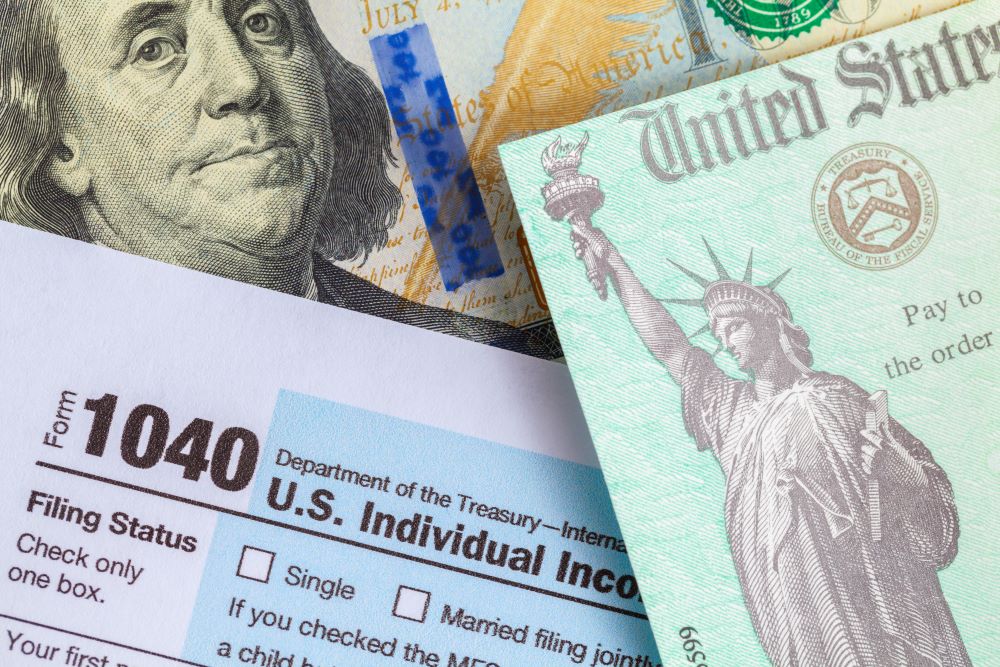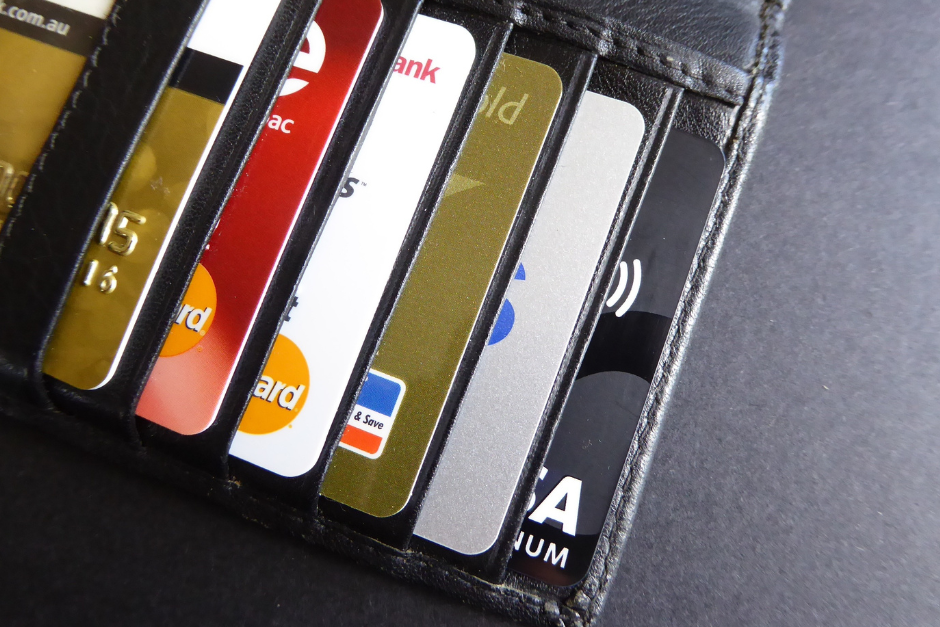
Under the Fair Credit Reporting Act (FCRA), strict guidelines dictate what parties can run a credit check on consumers and what circumstances allow them to do so. Generally, only businesses and organizations with specific, legitimate purposes may check your credit scores. In most cases, they must get your permission, but there are a few instances where that isn’t the case.
Who Can Check Your Credit?
When you submit certain applications or initiate certain business relationships, the business or organization may want to look at your credit report. When applying for a credit card or loan, this is a standard process, but it may also apply to other third parties. The types of organizations that can request your credit report include:
- Banks, lenders, and different kinds of creditors
- Utility companies
- Insurance carriers
- Landlords
- Employers
- Credit monitoring services
These organizations must ask your permission before they pull your credit report in most cases. They must also have a legitimate business reason for doing so. Before you grant third-party access to your credit report, you should check the legality of the credit check in your state. For example, a few states ban insurers from using credit information to consider homeowners insurance applications.
Of course, you also can check your own credit at any time.
Who Can Check Your Credit Without Permission?
In most of the examples mentioned, the organization must get permission from you before they check your credit. But there are a few instances where your credit can be checked without your permission, including:
- If your credit is pulled in response to a court order or federal grand jury subpoena
- If you are applying for a license or other type of benefit granted by the government, a check of your financial responsibility is required by law
- In connection with child support cases (in specific scenarios)
- If a potential investor is assessing the risk of a current obligation
In some cases, a business may perform a soft inquiry to make you a pre-approval offer. For example, a credit card issuer may request a list of consumers who have credit scores in a particular range. If you meet the criteria, your name is included on a list provided to the credit card issuer, which then sends you a pre-approval offer. It’s important to remember that no one is accessing your actual credit report with this process, and the soft inquiry does not affect your credit score (though it can appear on your credit report).
How to Know Who Checked Your Credit
Your credit reports contain a section that shows who has checked your good credit score, whether it’s a hard inquiry or a soft inquiry and when they performed the check. It’s important to review this information whenever you read your credit report, as it can help you identify if anyone has pulled your credit without your permission or knowledge.






